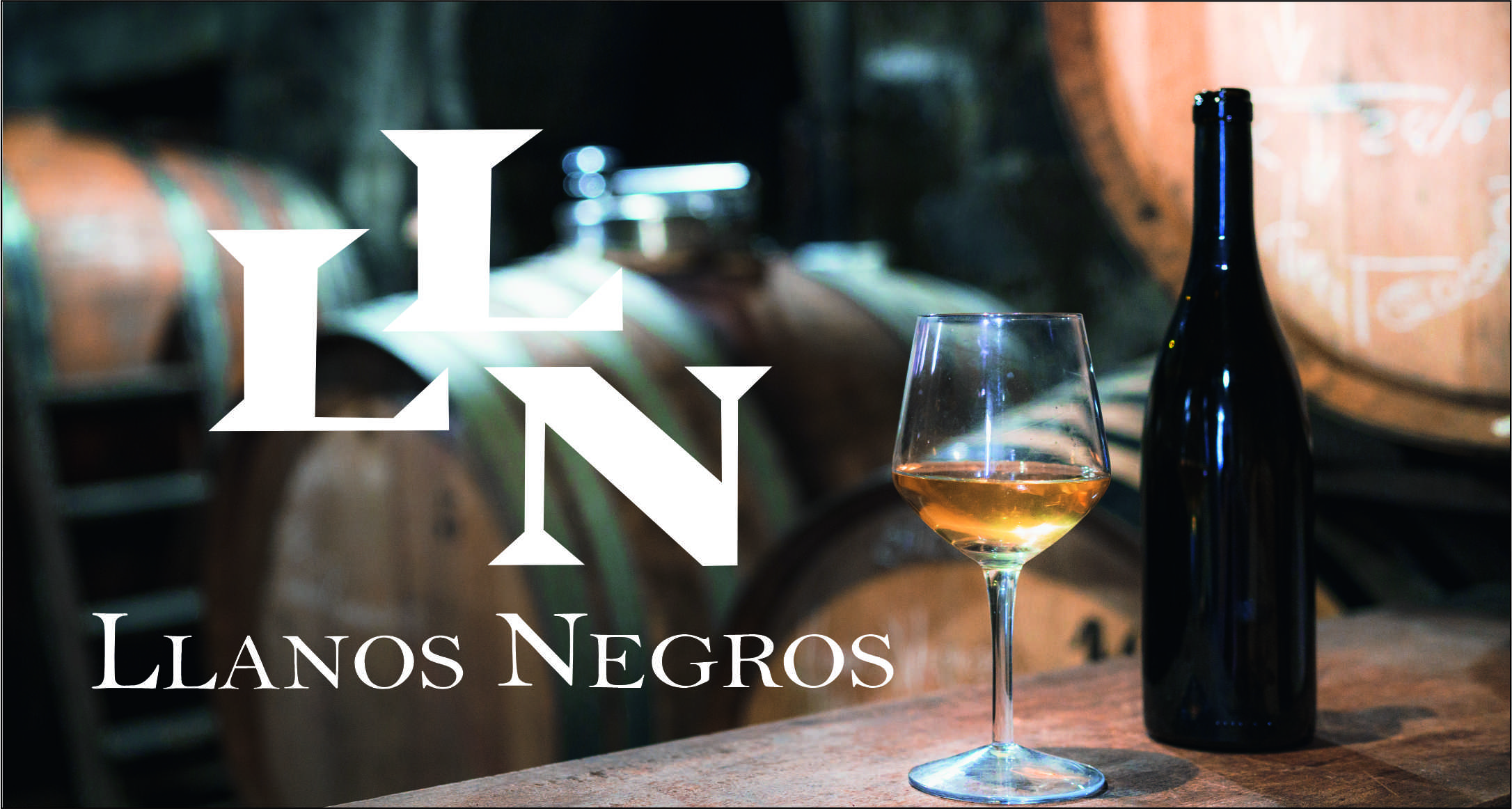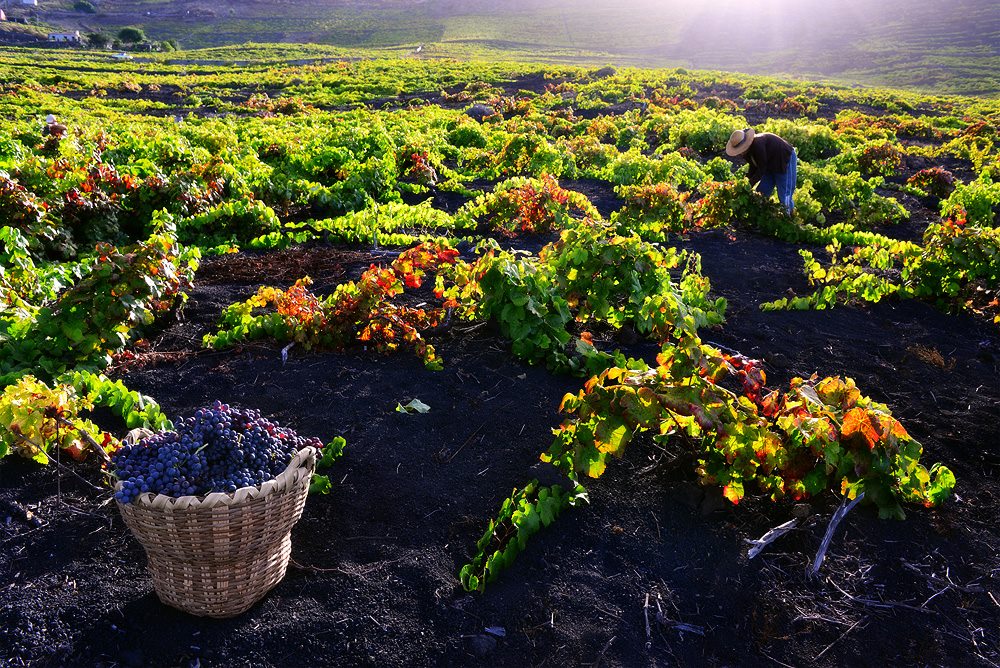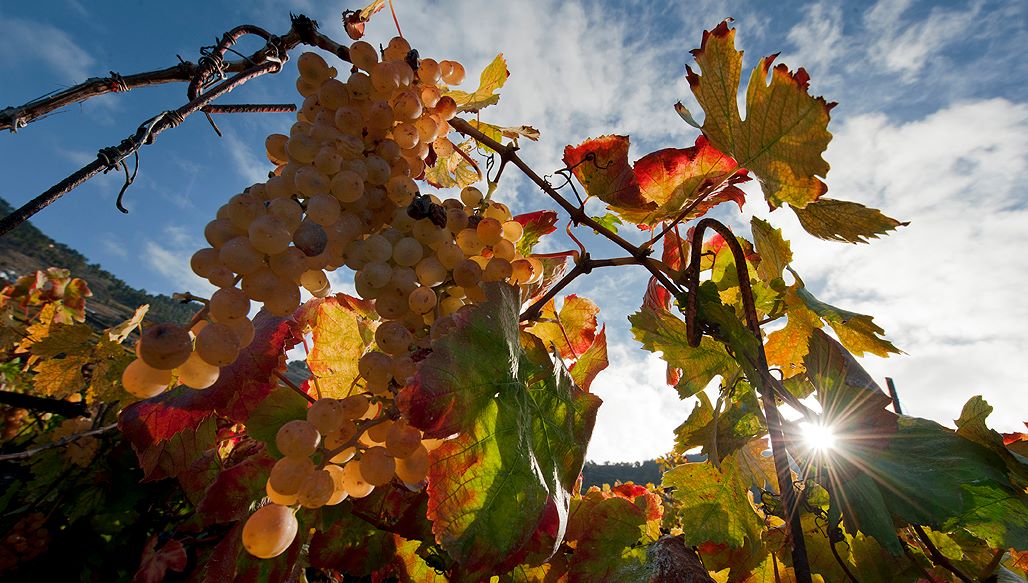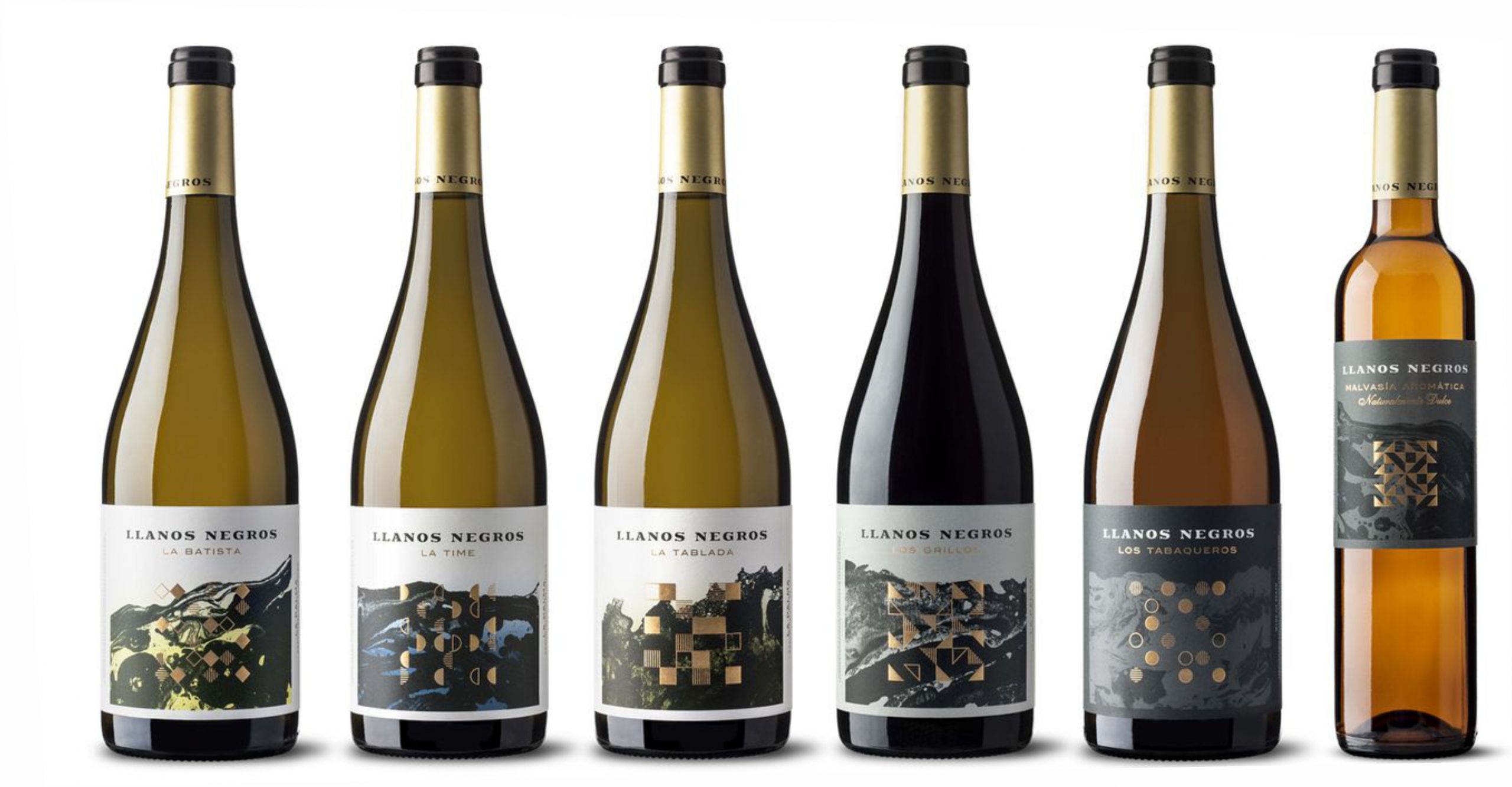This website uses cookies so that we can provide you with the best user experience possible. Cookie information is stored in your browser and performs functions such as recognising you when you return to our website and helping our team to understand which sections of the website you find most interesting and useful.
Category
ProducersAddress: C/ La Zarza n5
Telephone: 922 444 078
Email: info@llanosnegros.com
Web: http://www.llanosnegros.com/
Description: The viticulture of Fuencaliente is configured as a landscape of closed constitution and singular beauty in a difficult and fragile environment.
It is impossible to properly assess the wines of the Llanos Negros area without a close knowledge of the environment from which they come and the special characteristics required for their production. Heroic viticulture has excellent quality potential, but it requires significant economic and human efforts.
The Llanos Negros vineyard is cultivated according to the integrated viticulture standard. We use natural preventive and sanitation measures. We only treat the vines when there is a real risk of disease, using the least aggressive products for the auxiliary fauna.
Our cultivation system does not allow us to mechanise in any way, therefore all the work is done by hand, where the annual sacrifice of men and women carrying baskets, a work dedicated to the effort and faith that they have, that the result of their courage has been worthwhile. The work on the land is minimal, as it is covered by volcanic ash, there is no weed growth and no manipulation of the soil is necessary. Our commitment to the Llanos Negros terroir is to seek the greatest possible integration with the ecosystem.
Respecting the good cultivation of the Llanos Negros means favouring the autochthonous noble varieties that have been planted for centuries and that make up an unparalleled landscape unknown to most Spaniards, thus maintaining the uniqueness of this vineyard.
The eleven hectares are located between 300 and 400 metres above sea level, facing southwest and with a slope of 10%. With a semi-arid climate with a clear Atlantic influence. With an average density of 1,800 plants per hectare.
This is a vineyard made up of 54 smallholdings, each with an average of 2,000 square metres. "The plots of land bought or inherited from their parents. They are worked by masters, carpenters, fishermen, bricklayers, etc., all of them lovers of an ancestral viticulture. They have been able to maintain pre-phylloxera varieties, with more than 60 harvests, some exceeding 200. Winegrowers who have not fallen into the temptation to change the varieties of all their lives, with low yields, for other foreign varieties and with much higher yields. They have known and know how to maintain the oenological heritage of the southern cone of the island of La Palma.





